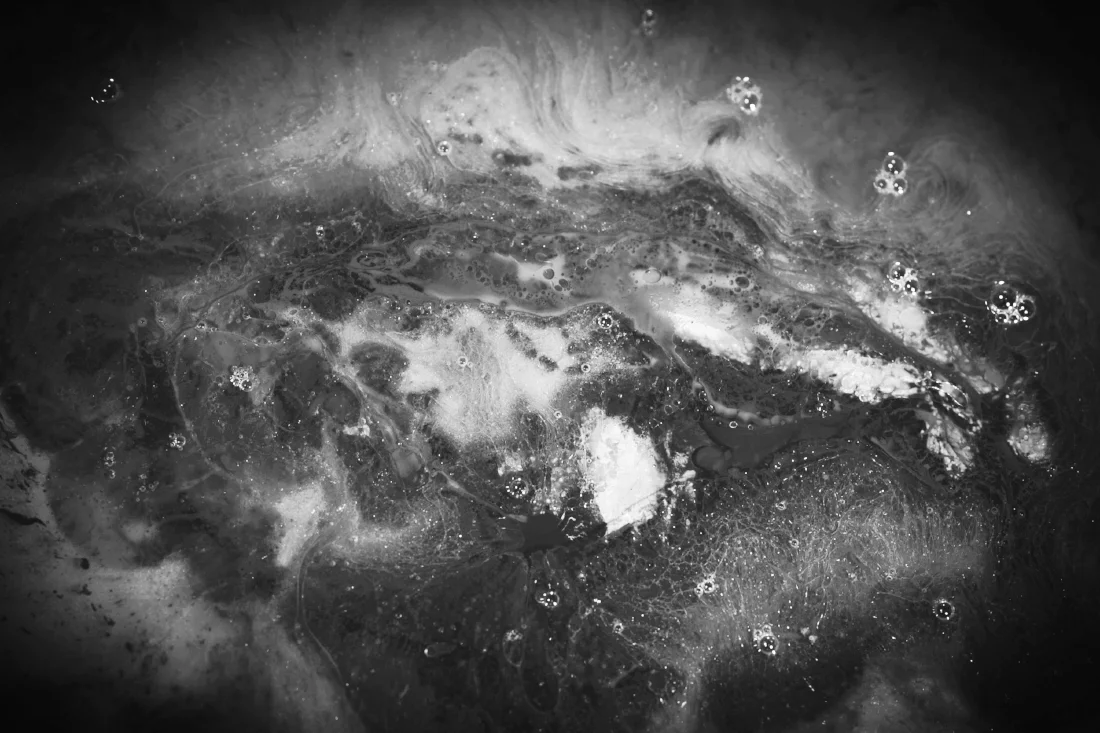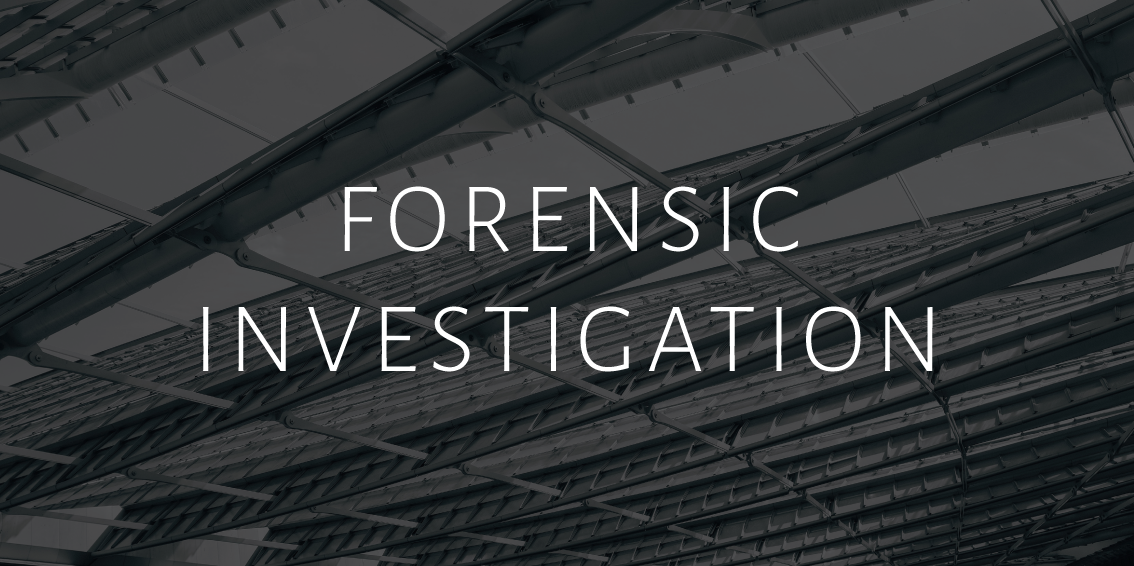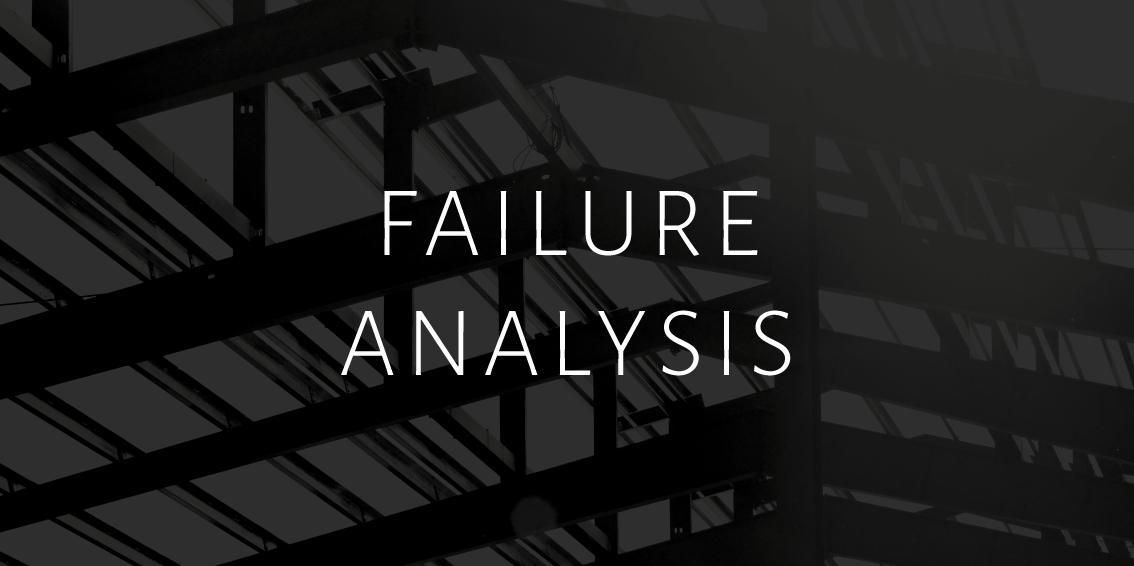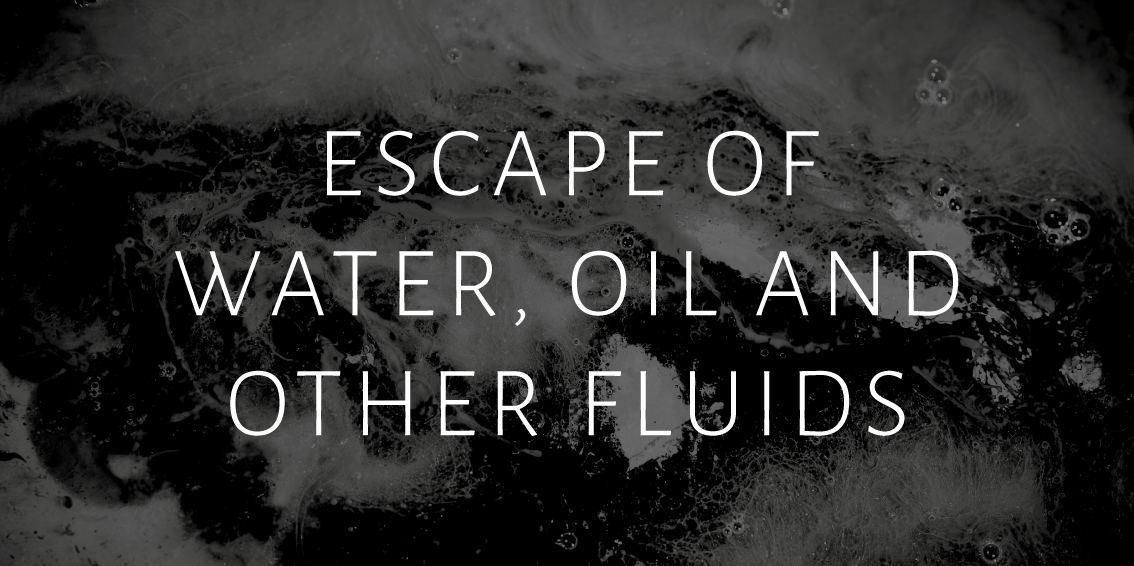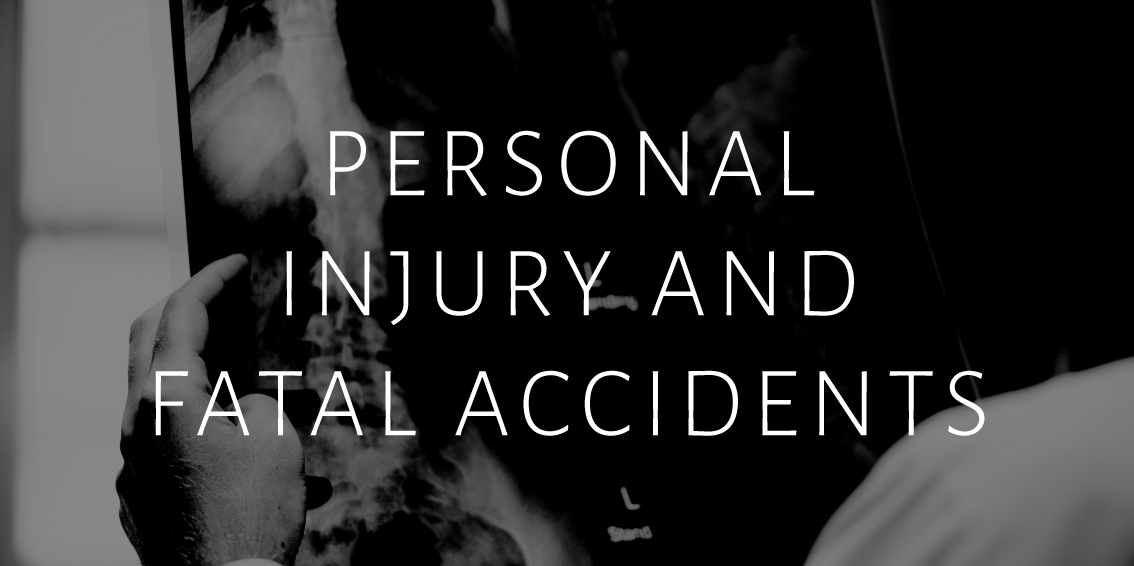LFI specialises in the forensic investigation of escapes of water, oil and other fluids, including gases, undertaking site inspections and laboratory failure examinations in order to determine the cause of the incident.
Escapes of water, oil and other fluids such as gases can cause injury and lead to significant damage and loss. LFI undertakes the forensic investigation of a wide range of leak incidents, including:
Escapes of mains (potable) water from plumbing and heating systems, for example:
Copper, plastic and stainless-steel pipework and fittings
Braided flexible hoses
Tanks, cylinders, sanitaryware (toilets/cisterns), expansion vessels, drinks dispensers
Pumps, taps, valves, sprinkler systems, etc.
Escapes of foul water or rainwater from waste or drainage systems, for example:
Plastic or aluminium soil pipework and fittings, including high-rise soil ‘stacks’
Plastic, cast iron or clay drainage pipework and fittings
Rainwater guttering and pipework
Pumps, pipework, holding tanks and vessels
Biodigester and sewage treatment plant and equipment
Escapes of oil from domestic, commercial and industrial systems, for example:
Heating oil (kerosene) from plastic or copper pipework, braided hoses, fittings, storage tanks, boilers and other equipment
Crude or processed oils from pipework, fittings, valves and tanks.
Escapes of chemicals, gases and other fluids, for example:
Leaks of industrial chemicals such as solvents, acids and alkalis from pipework and storage vessels
Gas leaks and explosions from pipework, valves, gas cylinders and tanks.
How do we investigate?
A typical investigation may require an immediate site inspection following an incident, during which LFI can photograph and secure the key physical evidence from the escape of water before it is damaged or lost, and obtain witness evidence. Preliminary verbal or written advice may be provided at this stage.
Alternatively, LFI may be sent the physical evidence for examination, or be asked to examine the evidence elsewhere if it is being held by another party or expert.
Detailed laboratory examination of the evidence using a stereoscopic microscope assists in determining the mode of failure, and further testing, examinations and characterisation may be recommended to the client to gain further evidence.
A short report, or more detailed formal report summarising the findings of the investigation is often provided, which can be compliant with the Civil Procedure Rules (CPR) if the matter is to be heard in Court.
Typical cause(s) of leak or explosion incidents include:
Cracking or fracture due to excessive pressure or loading, including ‘water hammer’
Embrittlement or degradation, e.g. Environmental Stress Cracking (ESC), hydrogen embrittlement
Corrosion, e.g. pitting corrosion, Stress Corrosion Cracking (SCC)
Separation of joints and fittings due to improper installation, e.g. under tightened compression joints, incorrectly soldered, brazed or welded joints, etc.
Rupture of pipework due to freezing/frost damage
Failure due to high temperatures, e.g. distortion, melting, oxidation, creep
Damage, either accidental or malicious.
Get in touch
Please visit our services pages to see the wide range of areas we specialise in.
Submit your details if you have any questions and a member of our team will contact you. Alternatively you can find our details on our Contact Us page.

